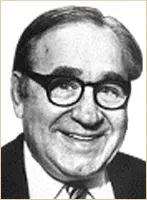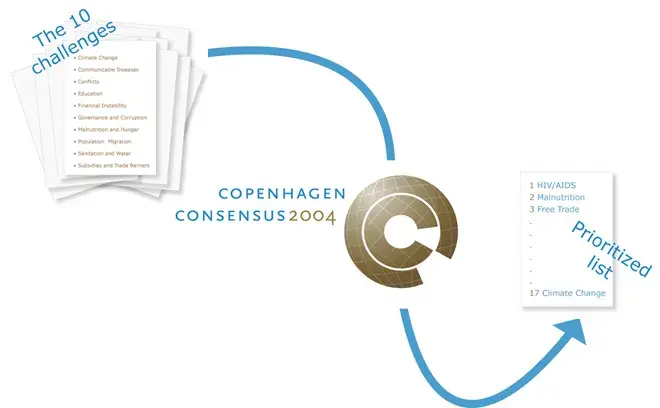Robert W. Fogel
Nobel Laureate Economist - University of Chicago
Eminent Panel MemberRobert W. Fogel was an American economic historian and scientist, and winner (with Douglass North) of the 1993 Nobel Memorial Prize in Economic Sciences. As of his death, he was the Charles R. Walgreen Distinguished Service Professor of American Institution and director of the Center for Population Economics at the University of Chicago's Booth School of Business. He is best known as a leading advocate of New economic history or cliometrics—the use of quantitative methods in history.
Fogel first attracted attention in the early 1960s, when he utilized statistical analysis to argue that the development of railroads in the United States in the 19th century had contributed little to the overall growth of the economy. Fogel's foremost work concerns the role of the railways in the economic development of the United States, the importance of slavery as an institution and its economic role in the USA, and studies in historical demography.
Fogel attended Cornell University (BA, 1948), Columbia University (MA, 1960), and Johns Hopkins University (PhD, 1963); he later received MA degrees from the University of Cambridge (1975) and Harvard University (1976). After teaching at Johns Hopkins and the University of Rochester (N.Y.), he joined the faculty of the University of Chicago (1964). He accepted a position at Harvard (1975-81), after which he returned to Chicago.
In 1993 Fogel shared the Nobel Memorial Price in Economics with Professor North for "having renewed research in economic history by applying economic theory and quantitative methods in order to explain economic and institutional chang." (The Nobel e-Museum).
As Fogel has stressed, it is the lack of relevant data rather than the lack of relevant theory that is often the greater problem for research workers. Fogel's use of counterfactual analysis of the course of events and his masterful treatment of quantitative techniques in combination with economic theory, have had a substantial influence on the understanding of economic change (The Nobel e-Museum).


